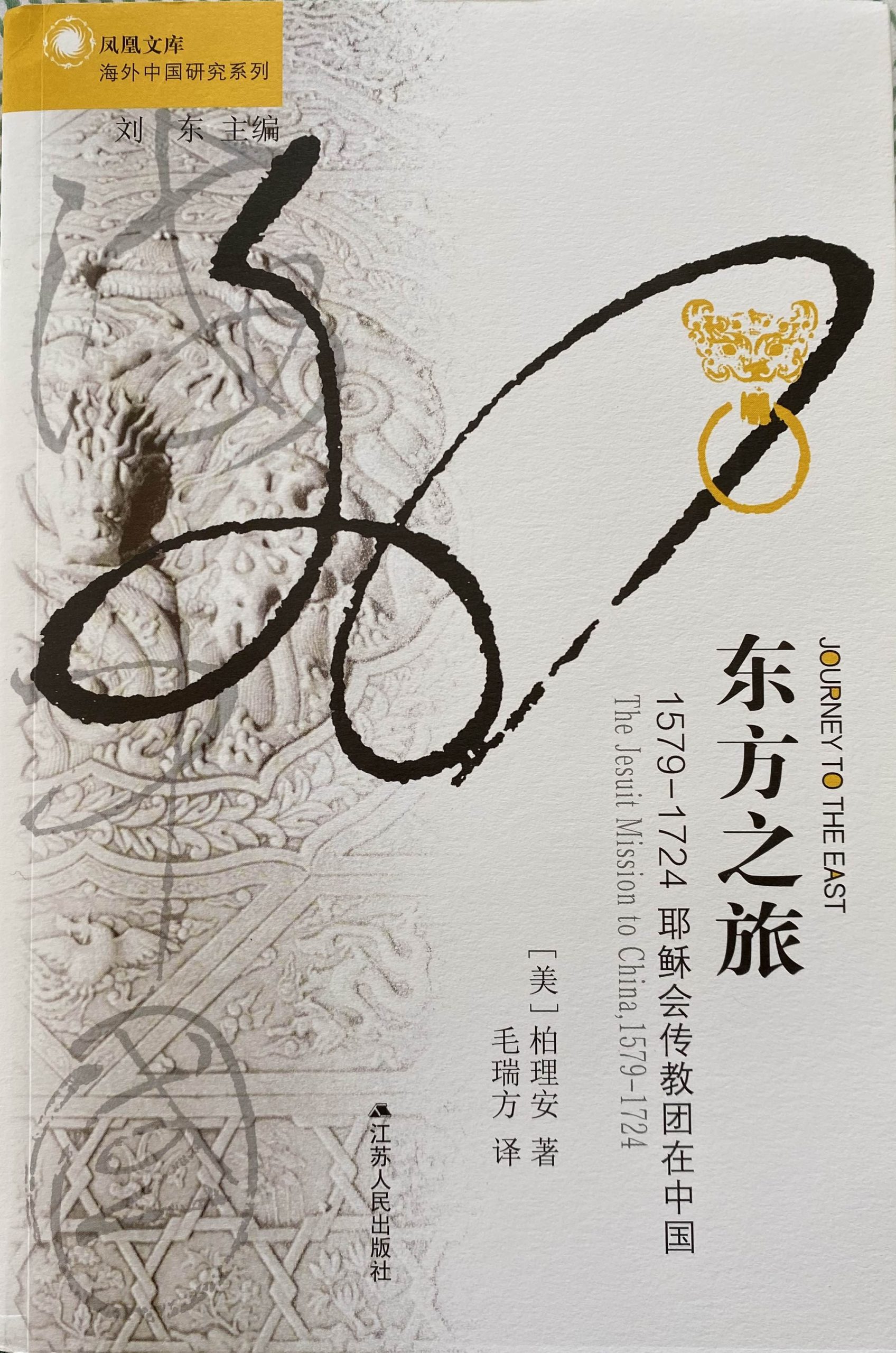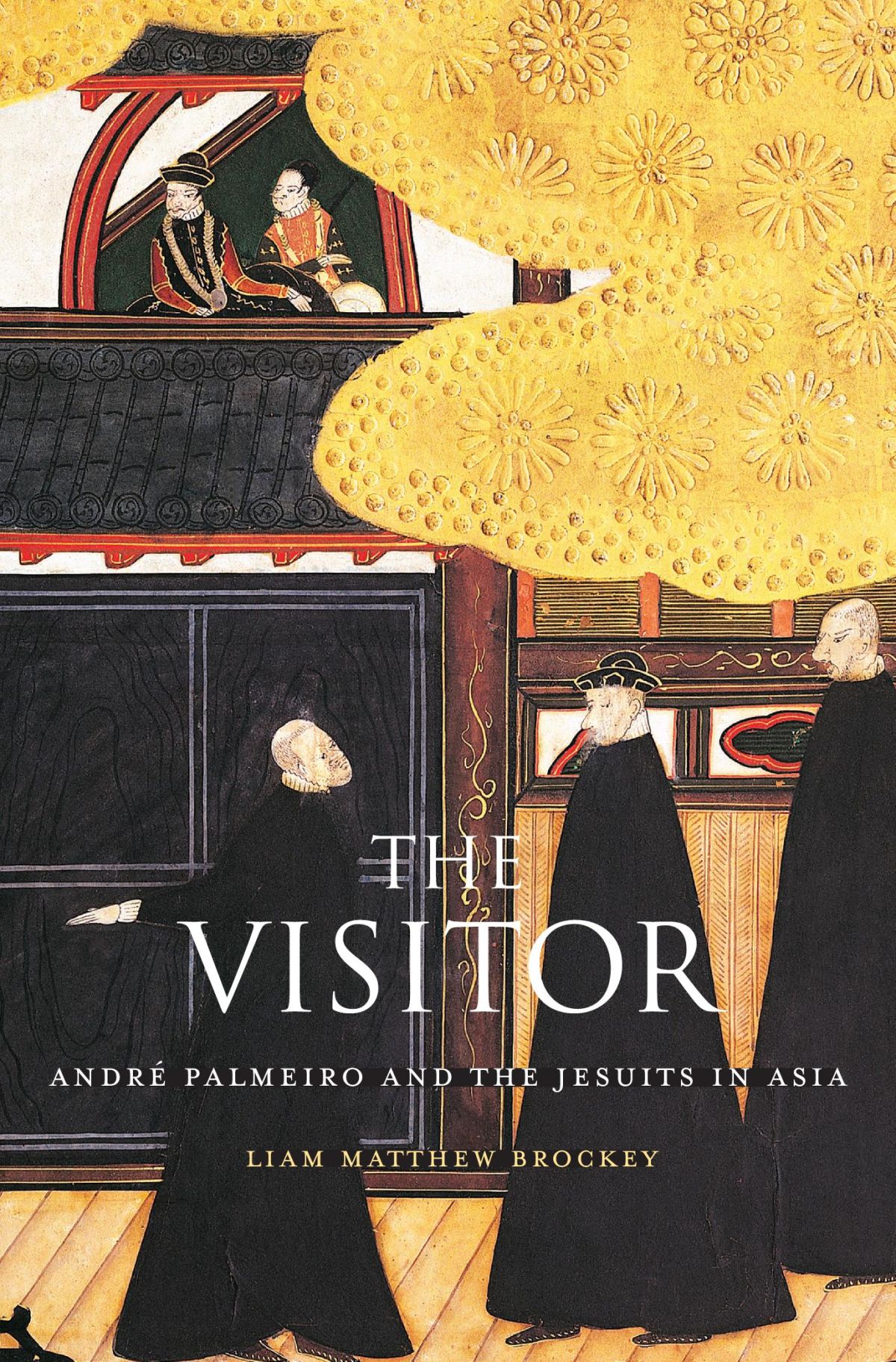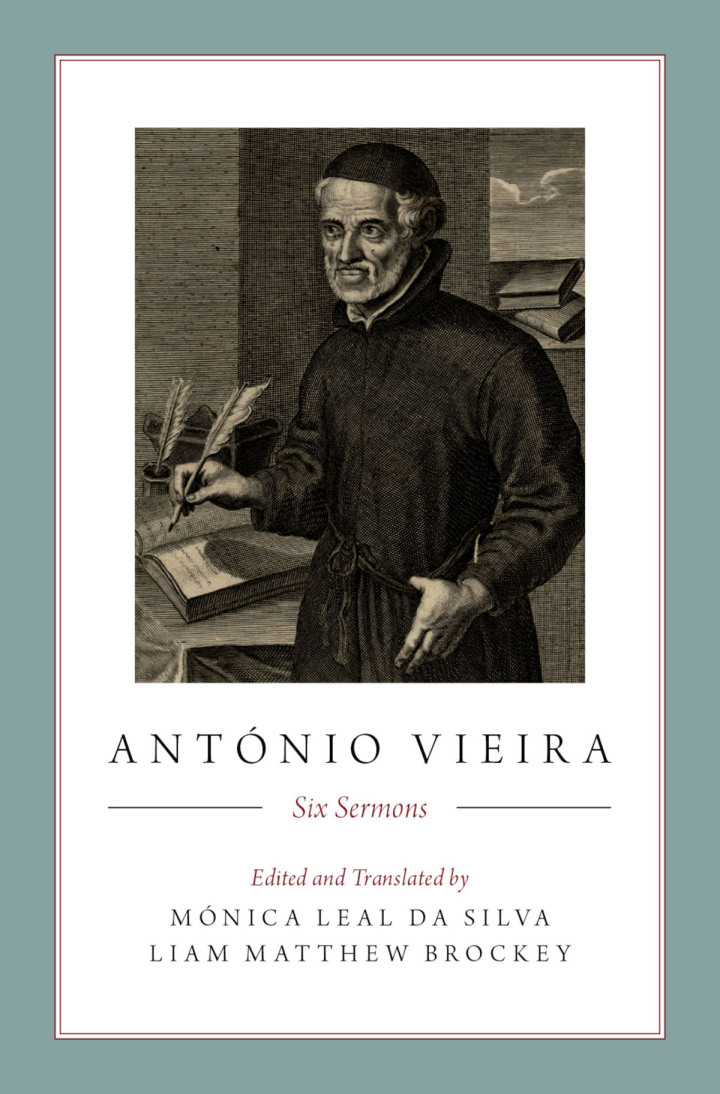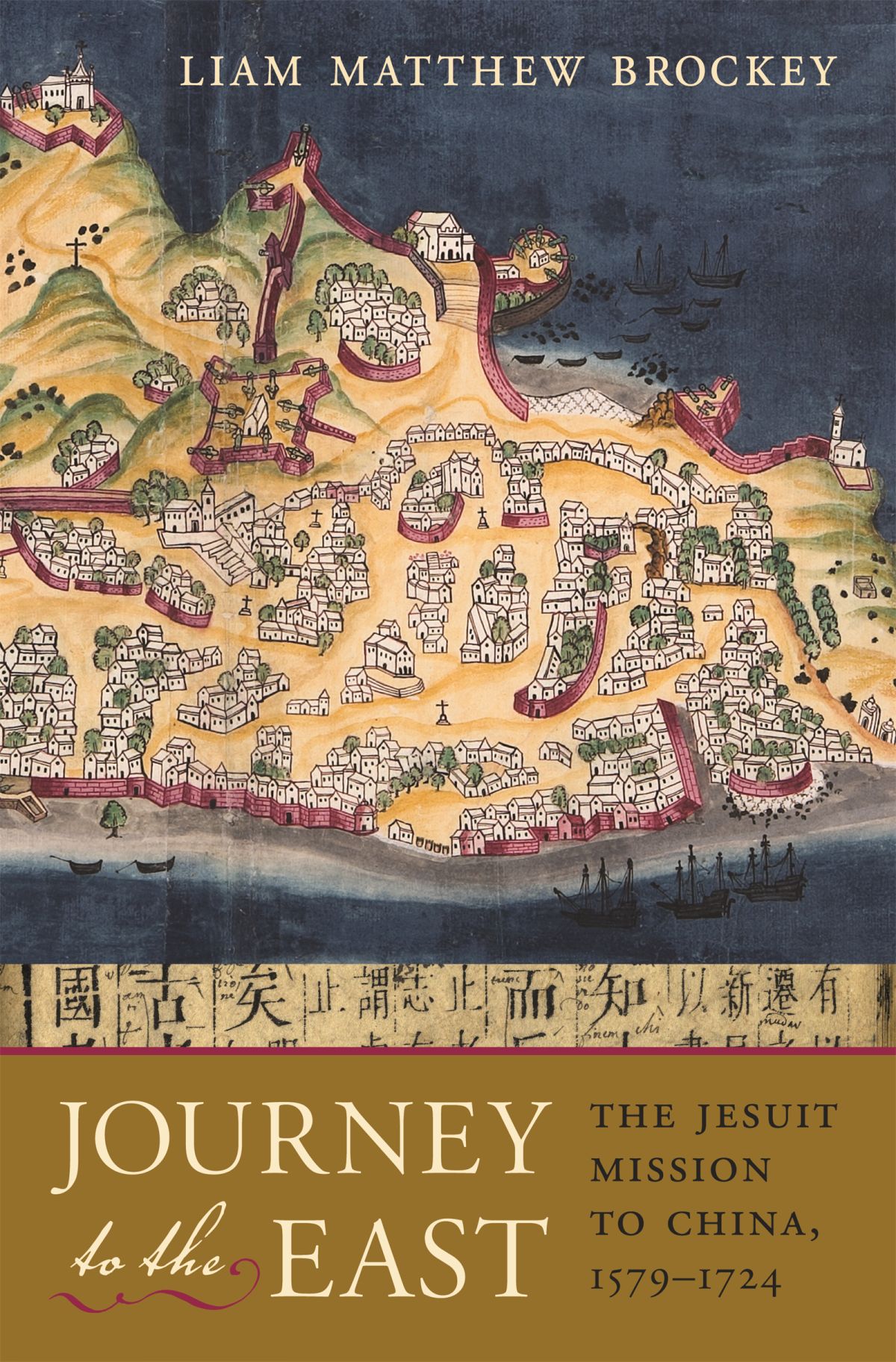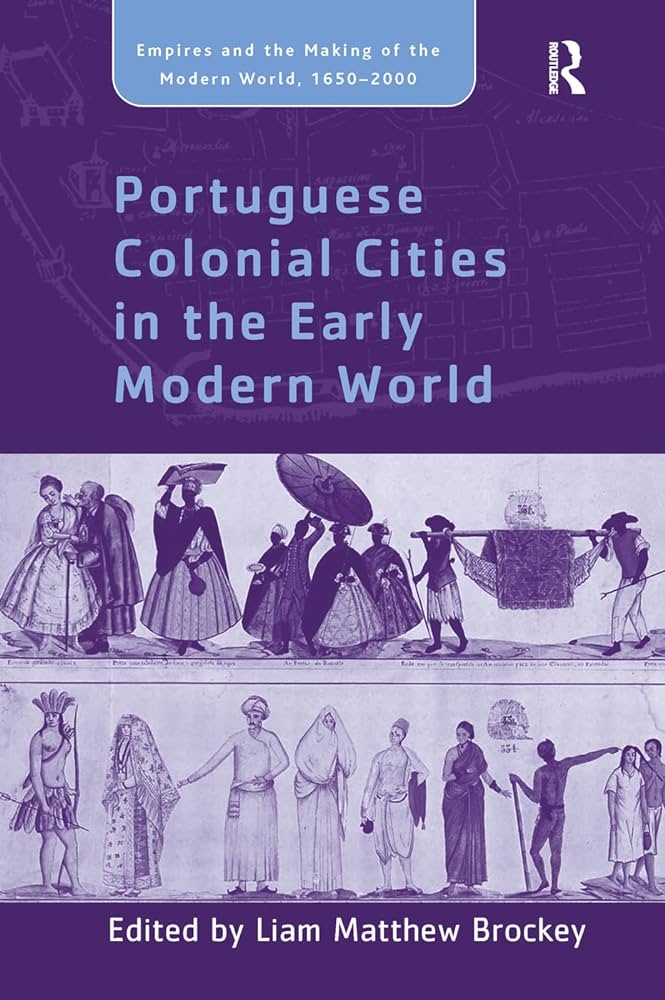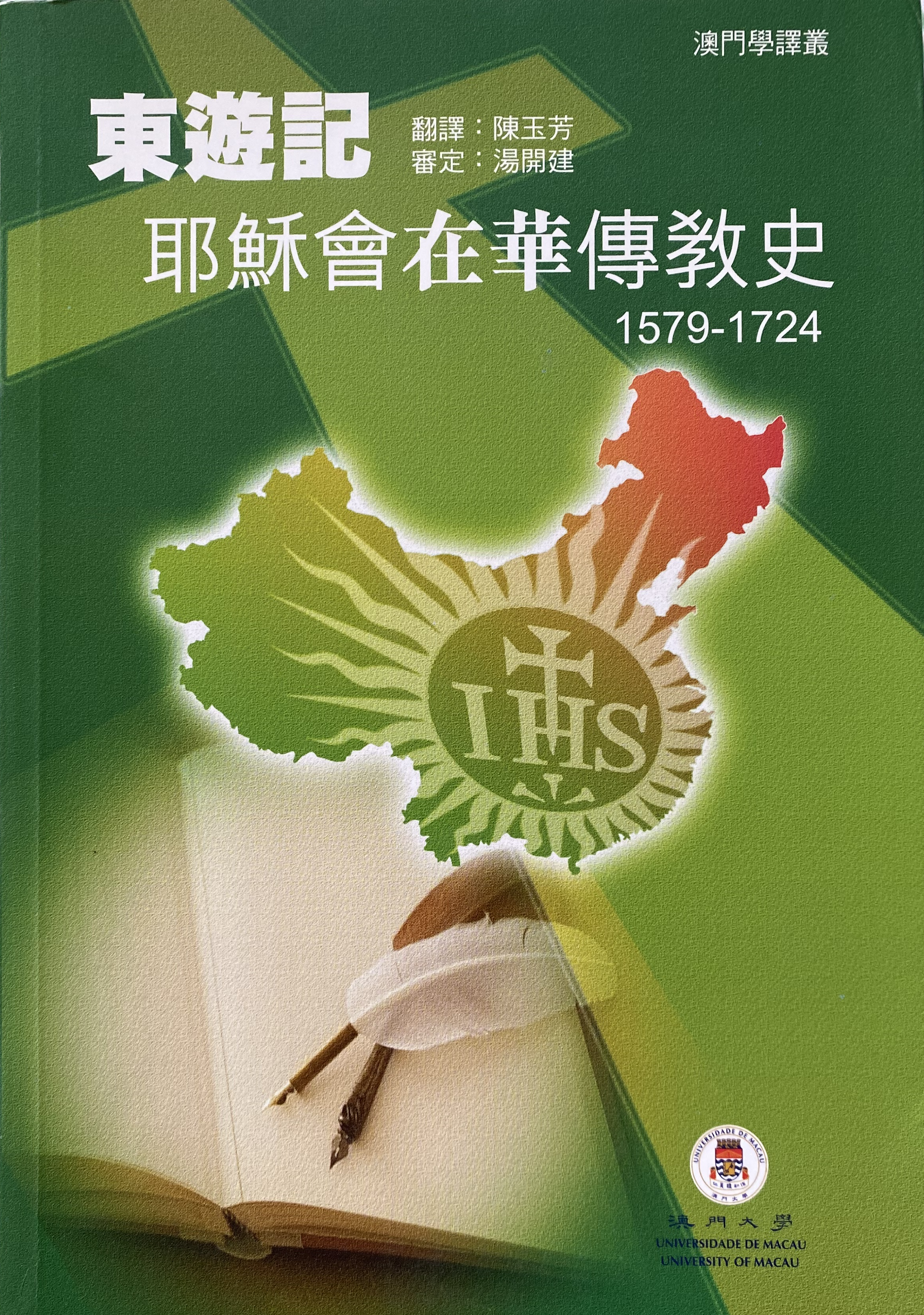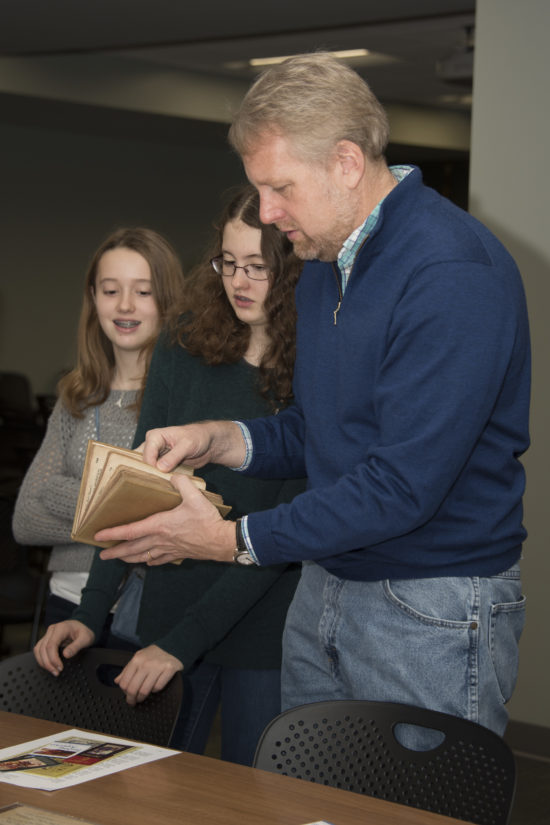
Position: Professor
Field: Early Modern, Religious
Region: Europe, East Asia
Office: 212 Old Horticulture
Office Hours: By Appointment
Email: brockey@msu.edu
Phone: (517) 884-6991
Liaam Matthew Brockey is an historian of Early Modern Europe. His primary area of interest is the history of Southern Europe, with a focus on Portugal, its overseas empire, and Roman Catholicism.
Most recently, Liam Brockey has worked with Mónica Leal da Silva on a volume of translations of texts by António Vieira (1608-1697), titled Six Sermons (Oxford University Press, March 2018). This book represents the first time that a substantial number of the famed Jesuit’s sermons have been rendered in English, including Vieira’s famed Sexagesima Sermon and Sermon of the Good Thief. These discourses, offered in pulpits in Brazil and Portugal, intend to reveal the specificity of Catholic sermons during the early modern period, as well as to offer new perspectives on pastoral practice in Europe and overseas mission territories.
Professor Brockey’s monographs include The Visitor: André Palmeiro and the Jesuits in Asia (Harvard University Press, 2014), a study of the challenges faced by missionaries in Africa, South Asia, and East Asia in the early seventeenth century. His first book was titled Journey to the East: The Jesuit Mission to China, 1579-1724 (Harvard University Press, 2007; paperback 2008), a study which was awarded the John Gilmary Shea Prize by the American Catholic Historical Association and the First Book Prize by Phi Alpha Theta History Honor Society. He also published a collection of essays called Portuguese Colonial Cities in the Early Modern World (Ashgate Publishing, 2009); and an examination of the sacrament of confession in Late Imperial China in Forgive Us Our Sins: Confession in Late Ming and Early Qing China (ed. Nicolas Standaert and Ad Dudink; Monumenta Serica, 2007).
More broadly, Liam Brockey’s interests include the history of Spain, France, and Italy; the history of early modern Catholicism; and the development of European empires in the Atlantic and Maritime Asia in the early modern period. His articles have appeared in the Journal of Early Modern History, Itinerario, Archivum Historicum Societatis Iesu, Monumenta Serica, The Catholic Historical Review, and the Journal of the Metropolitan Museum of Art. His chapter “Doubting Thomas: The Apostle, The Portuguese Empire, and Christianity in Early Modern Asia” (in Van Liere, Ditchfield, and Louthan, eds., Sacred History: Uses of the Christian Past in the Renaissance World (Oxford University Press, 2012)) was awarded the A.H. de Oliveira Marques Prize by the Association for Spanish and Portuguese Historical Studies. Professor Brockey has also published essays in the New York Times and the International Herald Tribune, as well as the Huffington Post and the History News Network. He also contributed as a historical consultant to the film Silence (2016) directed by Martin Scorsese.
Find Professor Brockey’s work on Humanities Commons.
Liam Brockey earned his B.A. in History and Medieval Studies from the University of Notre Dame (1994) and his A.M. and Ph.D. in History from Brown University (2002). He has been a two-time recipient of grants from the J. William Fulbright Foundation (for study in Portugal and Italy) and has received several fellowships from the Luso-American Foundation in Lisbon, Portugal. Professor Brockey has been elected to membership in the Academia Portuguesa da História (founded in 1720), and, most recently, as President of the American Catholic Historical Association.
Classes taught by Professor Brockey range from the introduction to World History to lecture courses on the Renaissance, Reformations, Catholicism, and the European Colonial Empires in the early modern period. In 2011, he was awarded the Richard E. Sullivan Endowed Award for Teaching Excellence.
Books:
